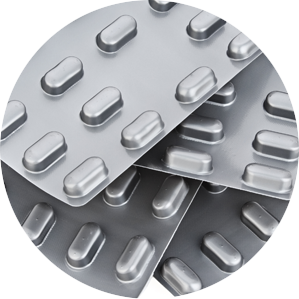
In House Tooling/Molds
Aluminum molds good for dimensional stability, epoxy/urethane molds for medium volume runs and wooden molds for prototyping
Read more

Fabrication and Assembly
secondary operations of machining, fabrication, bending, trimming, routing, drilling, gluing, riveting and assembling.
Read more

Vacuum Forming
High quality custom vacuum forming. Largest machine handles 4'x8' sheets. thickness rang from .03" to .25" inch
Read more

OUR WIDE RANGE OF PRODUCTS
CNC routing capability
foam forming and casting capability for light weight structural products
rubber casting capability for custom bumpers , pads and seals
MATERIALS
Below are the most commonly used Vacuum forming materials
ABS (Acrylonitrile Butadiene Styrene)
Very common material. Good stiffness and impact strength. wide variety of colors and textures.
ACRYLIC (PMMA – Polymethyl Methacrylate, Plexiglass)
Water clear and abrasion resistant material. Easily fabricated. colors available.
HDPE (High Density Polyethylene)
Excellent impact and chemical resistance. Good cold temperature properties. Dimensionally not as stable as others.
HIPS (High Impact Polystyrene)
Low cost, forms easily. many colors.
KYDEX (PMMA / PVC blend)
Good general-purpose material, offering excellent impact and chemical resistance. flame retardant to UL94-V0.
PC (Polycarbonate)
Very high impact strength. Clear. High temperature resistance.
PETG (Polyethylene Terephthalate Glycol)
Clear, with excellent impact strength. Forms well.
PP (Polypropylene)
Excellent chemical resistance. Rigid, with very good impact strength. Good at higher temperatures.
PVC (Polyvinyl Chloride)
Rigid material. Very good impact strength. Flame retardant.
TPO (Thermoplastic Polyolefin)
Outstanding impact properties. Available with a high gloss finish. Good for outdoors applications.


